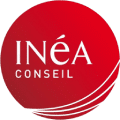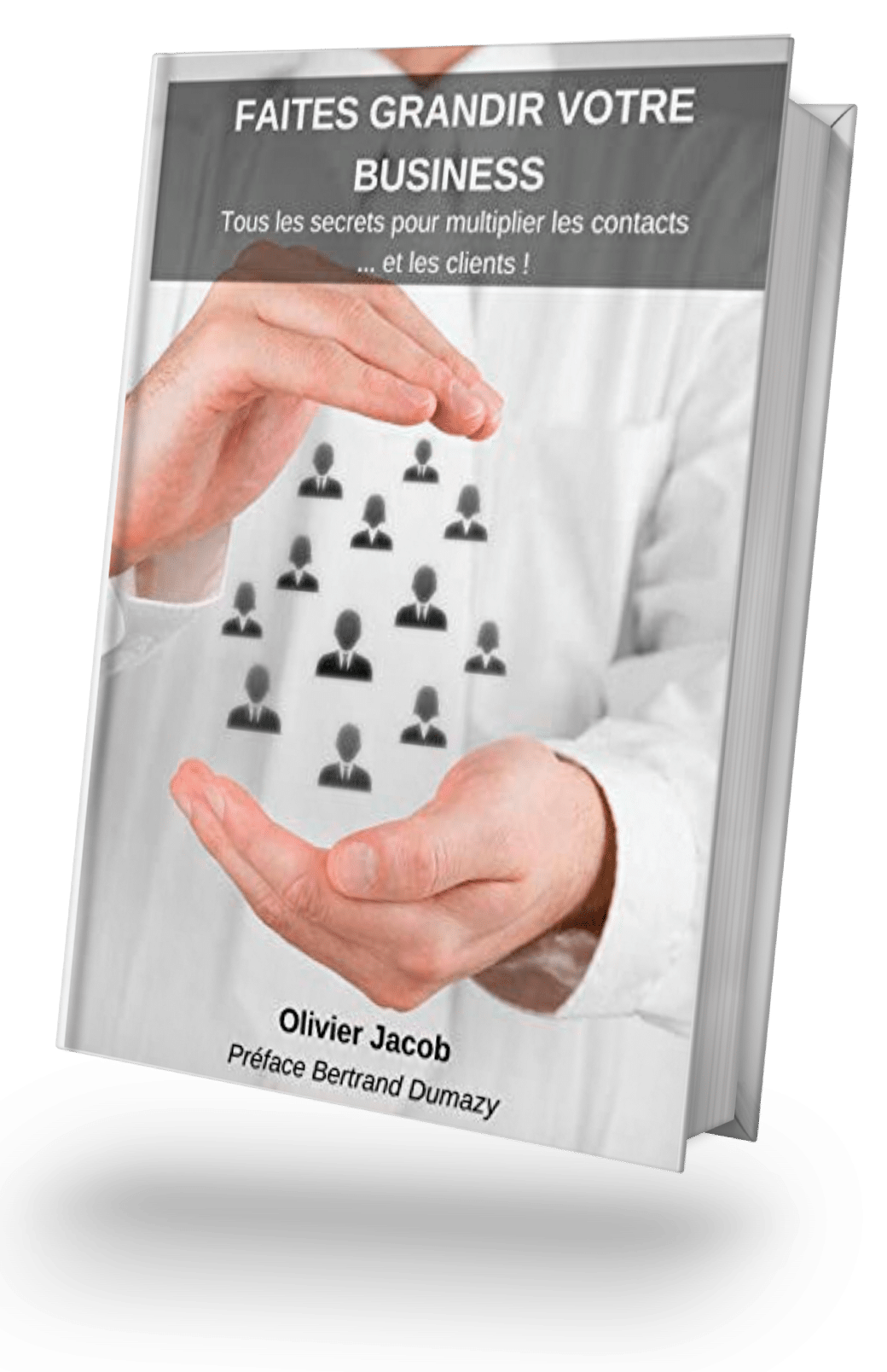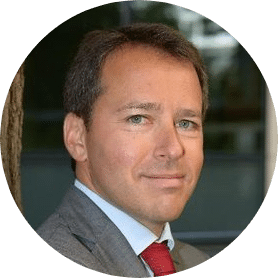There are many key points in building a great customer relationship. These are moments of truth where the outcome can either propel the relationship forward or stop it dead in its tracks. Often, you can meet these challenges with a well-chosen open-ended question rather than a quick, smart answer.
Here are seven typical customer scenarios and hard-hitting questions that can help you transform the conversation.
Scenario 1
You are trying to learn how to identify someone at the very beginning
of the relationship.
In this scenario, you are trying to find out more about who they are as a person and what their formative experiences have been. This question is particularly effective with a senior executive.
Question: "How did you get started (...in business, in the arts, in any field)?" This question invites the other person to share their personal "story". It connects you to them on both a rational and emotional level. I've had some truly wonderful conversations with clients after asking this question, and learned important information about them.
Scenario 2
You meet a potential client for the very first time and he is distant, defensive.
Let's say you have a prospect who leans back in his chair, looks at his smartphone and refuses to tell you anything important. He gives short, vague answers to every question. He has the attitude, "So, what do YOU really have to offer me?" In this situation, you need to create a "reach" :
Put on a very relaxed smile and ask this question: "You know, I'm sure there was a good reason why you made this appointment. What prompted you to talk to me this morning?" or "I'm sure there was a good reason why you made this appointment. Are there any particular issues you'd like to discuss?" This question forces the other person to go to what they really think, perhaps, there's nothing you can do to help them... in which case you may just have to agree to keep in touch.
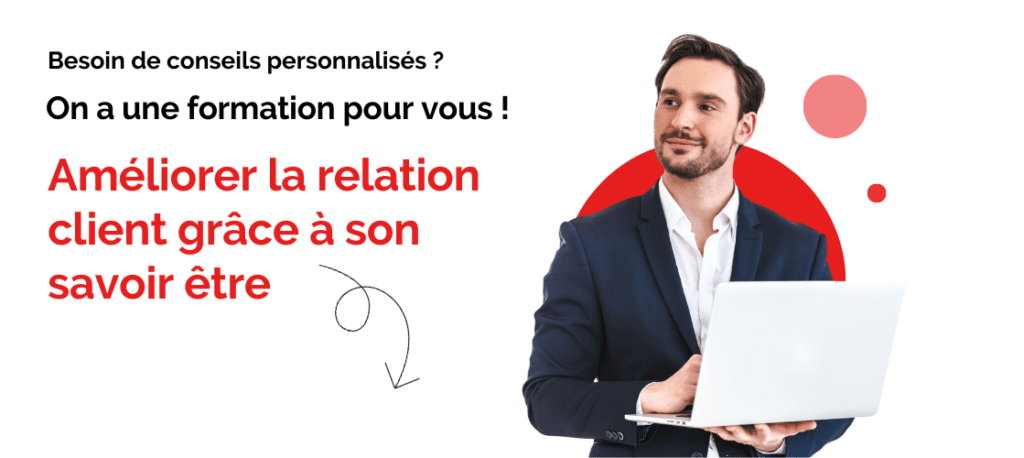
Scenario 3
You try to understand your client's program, needs, priorities or key objectives, but you don't get enough clarity.
You have a prospect or client who doesn't want to reveal their priorities. Maybe you don't know yourself well enough.
Question: "I'm curious, how will you be evaluated at the end of the year?" (You can add: "What performance objectives has your management asked you to accomplish over the next 6 to 12 months?").
If they balk or wonder why you want to know (which is actually quite unlikely), you can say, "I ask all my clients this question. The more I understand what's important to you and what makes you tick, the more I can help you.
Scenario 4
You are asked, "So, tell me about yourself and your business.
Don't assume you know what the other person really wants to hear about. Chances are you'll go on and share a lot of information they don't care about.
Instead, start by asking this question: "What particular aspect of our business would you like me to talk about?" (Or, if they ask you personally, "What particular aspect of my experience and skills would you like me to talk about?") A key objective of "Power Questions" is to better understand your customer. This question allows you to tailor your answer and be more effective.
Caution: if you are in a job interview, where you are competing with many other qualified candidates, you should first be prepared to give a short answer that summarizes how your skills and experiences are specifically relevant to the position. Then, you can ask for clarification. Remember: context is extremely important in deciding what and when you ask these questions!
Scenario 5
You have a meeting with an unspecified agenda or you want to expand the agenda to make sure it is really relevant.
Sometimes a prospect wants to talk for half an hour, and there's no set agenda. Often, I'll go see a client and we have a presumptive agenda, but I want to make sure we focus on what's really important to them.
Question: "From your perspective, what's the best way to use our time together this morning?" Alternatively, I sometimes ask: "From your point of view, what's the most important issue you want to make sure we discuss this morning?" These questions allow the customer to tell you what's really important to them right now, and how they want to use their time with you. You'd be amazed at the valuable and previously unknown information this simple question can reveal.
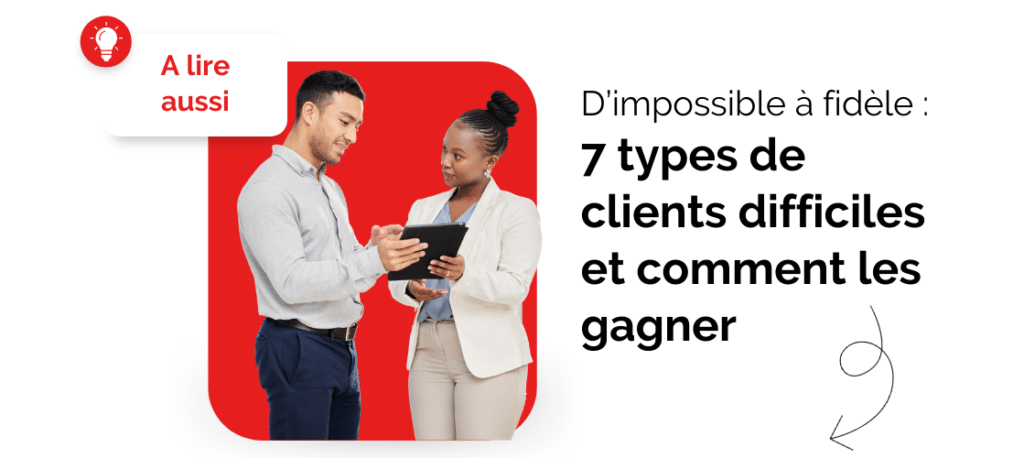
Scenario 6
You want to engage on an emotional/personal level.
Some questions are rational/analytical. For example, "How do you plan to implement this strategy?" Others like these are often more interesting and the most relevant, are emotional or personal.
Question: "As you think about the various initiatives you have underway, I'm curious to know what excites you most personally?"
Other examples of emotional/personal questions :
"I understand that you will be retiring in a year. What legacy would you like to leave this organization?"
"How will this program affect you personally?"
"What is your biggest concern about how this initiative is going?"
"What is the most fulfilling part of your job? The least fulfilling?"
Scenario 7
You want to understand strategic objectives, not just tactical ones.
Clients often come to you with either a "problem," which is just a symptom of something larger, or a "solution," which happens to be their particular idea of how to solve the problem. But always, you must understand the overriding goal, the higher agenda. Let's say a client comes to you and says, "We'd like to do a one-day training for trusted advisors.
My first question is: "Why do you want to do this?"
Asking "why?" gets you to the next level engine orbusiness goal. That's why Sakichi Toyoda told his engineers in the early days of Toyota to always ask "Why?" five times about any quality problem. If you do, he said, you will understand the root cause of the problem and, most likely, the right solution.
Conclusion: When preparing for a meeting with a customer, invest a lot of time in formulating the questions you're going to ask. It takes hard work to develop thoughtful questions that are perfectly suited to your particular meeting.
About the authors
Andrew Sobel is the leading authority on the strategies and skills needed to develop clients for life. He is the world's most published author on the subject, having written eight best-selling books on customer relationships, including the international bestsellers Customers for Life and Power Matters. More than 100 leading firms, such as PwC, Citibank, UBS, Booz Allen Hamilton, Cognizant, Deloitte and many others have used his book Clients for Life to develop trusted advisor skills and increase their clients' revenues.
Olivier Jacob has decades of expertise as a coach, trainer, and conference facilitator on the topics of management and sales. Author of the book "Make your business grow" and passionate about personal effectiveness, strategy, sales, commitment and new technologies, he created Inéa Conseil in 2008 to help companies sell more and better, and managers better mobilize their employees.
